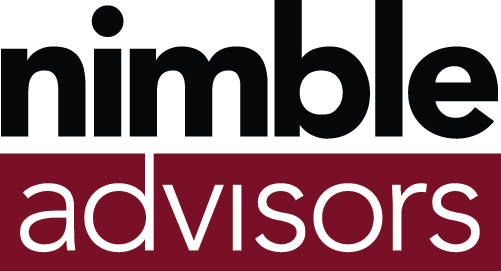HR Strategies: Unleashing the Power of Christmas Bonuses for Employee Retention
The holiday season is a time for expressing gratitude and fostering a sense of appreciation among employees. Employers can leverage this opportunity to strengthen employee retention by offering thoughtful gifts or bonuses that demonstrate their value for their workforce's contributions.
Traditional Holiday Gifts with a Personal Touch
Traditional holiday gifts, such as turkeys or hams, remain popular choices for employers seeking to express their appreciation. However, personalizing these gifts can make them even more meaningful. For instance, employers can consider providing gift certificates to local butcher shops or grocery stores, allowing employees to choose the holiday ham or turkey that best suits their preferences.
End-of-Year Bonuses: Recognizing Achievements and Boosting Morale
End-of-year bonuses serve as a tangible expression of an employer's recognition of their employees' hard work and accomplishments throughout the year. These bonuses can be structured in various ways, such as performance-based bonuses, company-wide bonuses, or a combination of both. Regardless of the structure, end-of-year bonuses can significantly boost employee morale and contribute to a positive work environment.
Extra Paid Time Off (PTO): Promoting Work-Life Balance and Well-being
Gifting employees with extra PTO during the holiday season can foster a sense of work-life balance and encourage them to prioritize their well-being during this often hectic time. This gesture demonstrates an employer's understanding of the importance of personal time and its impact on employee satisfaction and retention.
Child Care Benefits: Alleviating Financial Burdens and Supporting Families
Child care expenses can pose a significant financial burden for many employees, especially during the holiday season when childcare needs may increase due to school breaks. Employers can alleviate this burden by offering child care benefits, such as subsidies or reimbursement programs. These benefits can help employees to afford quality care for their children, reducing stress and promoting a more focused and engaged workforce.
Additional Compensation and Benefits Ideas for Enhanced Employee Retention
In addition to the aforementioned options, employers can explore a variety of other compensation and benefits to enhance employee retention during the holiday season and beyond. These may include:
Employee assistance programs (EAPs): EAPs provide confidential counseling and support for employees facing personal or work-related challenges. Access to these services can promote employee well-being and reduce stress, contributing to a more resilient and productive workforce.
Financial wellness programs: Financial wellness programs educate employees on sound financial management practices, such as budgeting, saving, and investing. By empowering employees to make informed financial decisions, these programs can alleviate financial stress and contribute to their overall well-being.
Wellness programs: Wellness programs promote physical and mental health through initiatives such as gym memberships, fitness classes, and health education workshops. By investing in employee well-being, employers can foster a healthier and more engaged workforce.
Conclusion
By implementing thoughtful and personalized holiday gift strategies, employers can effectively demonstrate their appreciation for their employees' contributions and foster a sense of value and belonging. These efforts can contribute to enhanced employee retention, increased morale, and a more positive and productive work environment.
Frequently Asked Questions
-
Personalizing holiday gifts can be achieved by considering individual employee preferences and interests. For instance, employers can tailor gift choices based on an employee's hobbies, dietary restrictions, or family dynamics. Additionally, handwritten notes expressing gratitude for specific contributions can add a personal touch to any gift.
-
Holiday gifts provided to employees are generally tax-deductible for employers, as long as they are not considered excessive. The IRS's de minimis fringe benefit rule allows employers to deduct the cost of gifts that do not exceed $75 per employee per year.
-
Clear and consistent communication is essential to ensure that employees understand and appreciate the value of holiday gifts and benefits. Employers can communicate through various channels, such as company newsletters, email announcements, or team meetings. Additionally, providing personalized explanations of how each gift or benefit aligns with the employee's contributions or needs can enhance their perceived value.

